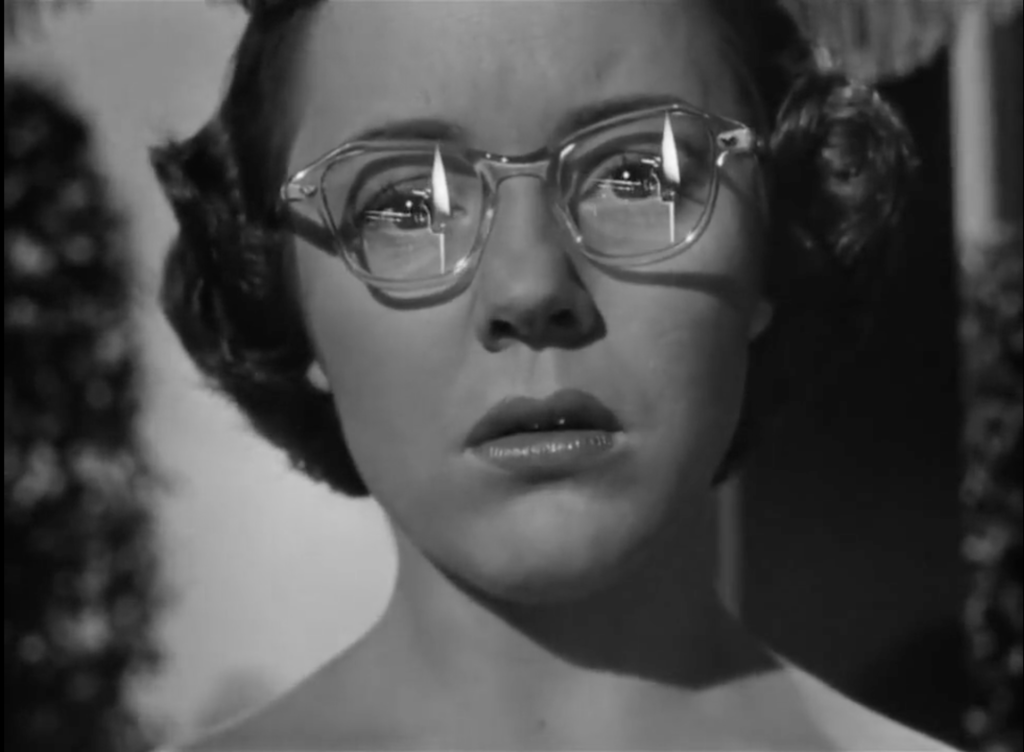
Film Matters: Please tell us about your article that is being published in Film Matters.
Jack Zornado: This article is focused on Alfred Hitchcock’s use of sound and how he evolved as an experimental filmmaker, unafraid to experiment with new techniques, into an auteur that was renowned internationally for his films–and how his use of sound (informed by Soviet theories) changed through that evolution.
FM: What research and/or methodologies do you incorporate in your article?
JZ: My research revolved around Soviet theories on montage and the use of sound, as well as watching and analyzing a great deal of Alfred Hitchcock’s films. The most intensive aspect of this for me was the research on Soviet montage theory, but my courses at Rhode Island College (RIC) had already supplied me with a great deal of information on the Soviet film theorists.
FM: Describe the original context for/when writing this article while an undergraduate student.
JZ: I originally set out to write this article to act as an essay for a course at RIC focusing on Alfred Hitchcock. I chose to focus on his use of sound, though there were many topics available to students, because I was always very fascinated with how he used sound to further his narrative capabilities. This course was in my last semester, so while I really enjoyed the subject matter, I was also quite taken by thoughts of graduation and what lay beyond my undergrad career at the time.
FM: How have your personal experiences shaped and influenced your writing?
JZ: Many of my personal experiences are wholly centered around art appreciation. My background before studying film was studying music, and a part of the process of studying either music or film involves analyzing great works and looking at them piece by piece. As I was already very familiar with this approach in my music studies, when I began to analyze films, it felt like a unification of both areas to analyze how sound and music operate in film.
FM: What aspects of the writing process were most challenging? Why?
JZ: The part of this process most challenging for me was the research–which kind of seems like an easy answer. Writing about my own views is a really interesting process, one where it’s sometimes easy for me to get in my own way. Crafting an article around my views while also finding academic material that supports them can sometimes lead to me finding information that causes me to rethink large portions of my arguments. Even though that is a bit of a painstaking process, it’s definitely worth it to ensure that my writing is credible.
FM: What do you enjoy most about your article?
JZ: I really enjoy that it unifies artistic mediums I’m passionate about. I’m incredibly honored to have the opportunity to have my words on sound, music, and film published.
FM: How has the Film Matters editorial and publication process impacted the development/evolution of your article?
JZ: To have the goal of publication, to write and edit toward, means to really look at all the nuts and bolts of your writing. Scrutinizing the arguments, the grammar, the thesis, making sure all of it holds up under close inspection was difficult, but it was also really rewarding to see everything finished at a high caliber.
FM: What audience do you hope to reach with your Film Matters article and/or what impact do you hope it has on the field of film studies?
JZ: An audience that appreciates the sound and the music within films first and foremost. Secondly, anyone who finds interest in creating alternate interpretations of film texts through their understanding of the use of sound and music in film.
FM: How has your department and/or institution supported your work in film and media?
JZ: My professors encouraged me at every juncture to refine my article for publication, and offered assistance in proofreading and encouragement along the way.
FM: How has your faculty mentor fostered your advancement as a film scholar?
JZ: K. Kalinak was instrumental in my submitting my article; her support and encouragement (not to mention patience and proofreading). I also learned from Professor Kalinak how to write about film in an academic context, and how to properly research and find sources to support my writing.
FM: What advice do you have for undergraduate film and media scholars?
JZ: Find areas of film and media that inspire you, find other people who are inspired by those things, and talk about them until you’re bored.
FM: What are your future plans?
JZ: I’ve loved the film analysis and academic writing that I’ve done while at RIC, but my passions lie with content creation. I am to work and create in a collaborative field as an audio engineer, videographer, or anywhere in-between.
Author Biography
Jack Zornado is a graduate of Rhode Island College. He graduated with two degrees in Film Studies and Music in 2021. During his time at RIC, he cultivated skills in musical performance and video post-production, but he also developed an interest in long-form analysis of the creative arts.







































